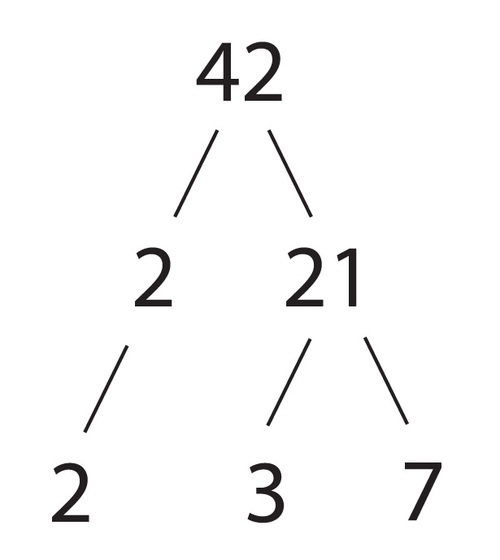Highly Divisible Number
 There is a positive integer
with
(not necessarily distinct) prime factors that allows for the following recursive process to occur:
There is a positive integer
with
(not necessarily distinct) prime factors that allows for the following recursive process to occur:
Let us define ) as the function that counts the number of prime factors that has. For example, . Let us also define the following recursive relation:
If we let , is always a positive integer, and for some positive integer , for all . What is the smallest prime number not found in the prime factorization of ?
Note: When I say the number of prime factors, I mean the total number of prime numbers needed to make up the number itself. For example, because .
The answer is 997.
This section requires Javascript.
You are seeing this because something didn't load right. We suggest you, (a) try
refreshing the page, (b) enabling javascript if it is disabled on your browser and,
finally, (c)
loading the
non-javascript version of this page
. We're sorry about the hassle.
For the final constraint to be followed, it is obvious that we should have 2 in the prime factorization. Let's assume all the 10000 factors are 2s right now. Now for the second constraint to hold always, the number itself should always be divisible by the number of factors. So we transfer the minimum number of prime powers from 2 to other prime factors to make it divisible by the number of factors (in this case 4 prime powers are transferred from 2 to 5). Now, we divide the number of prime factors by the number and update the remaining factorization and the number of remaining divisors (In this case the new factorization after division by 10000 becomes 2 9 9 9 2 × 5 0 and the number of divisors become 9992 ). Then repeat this till the number of factors become 1 i.e the number becomes 2.